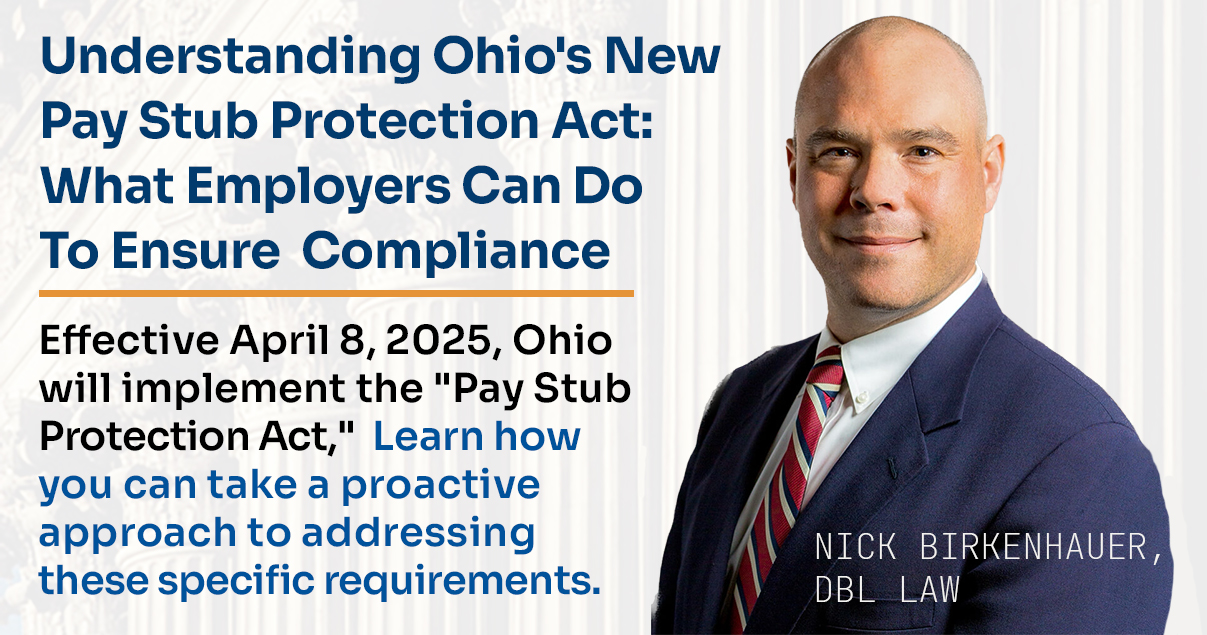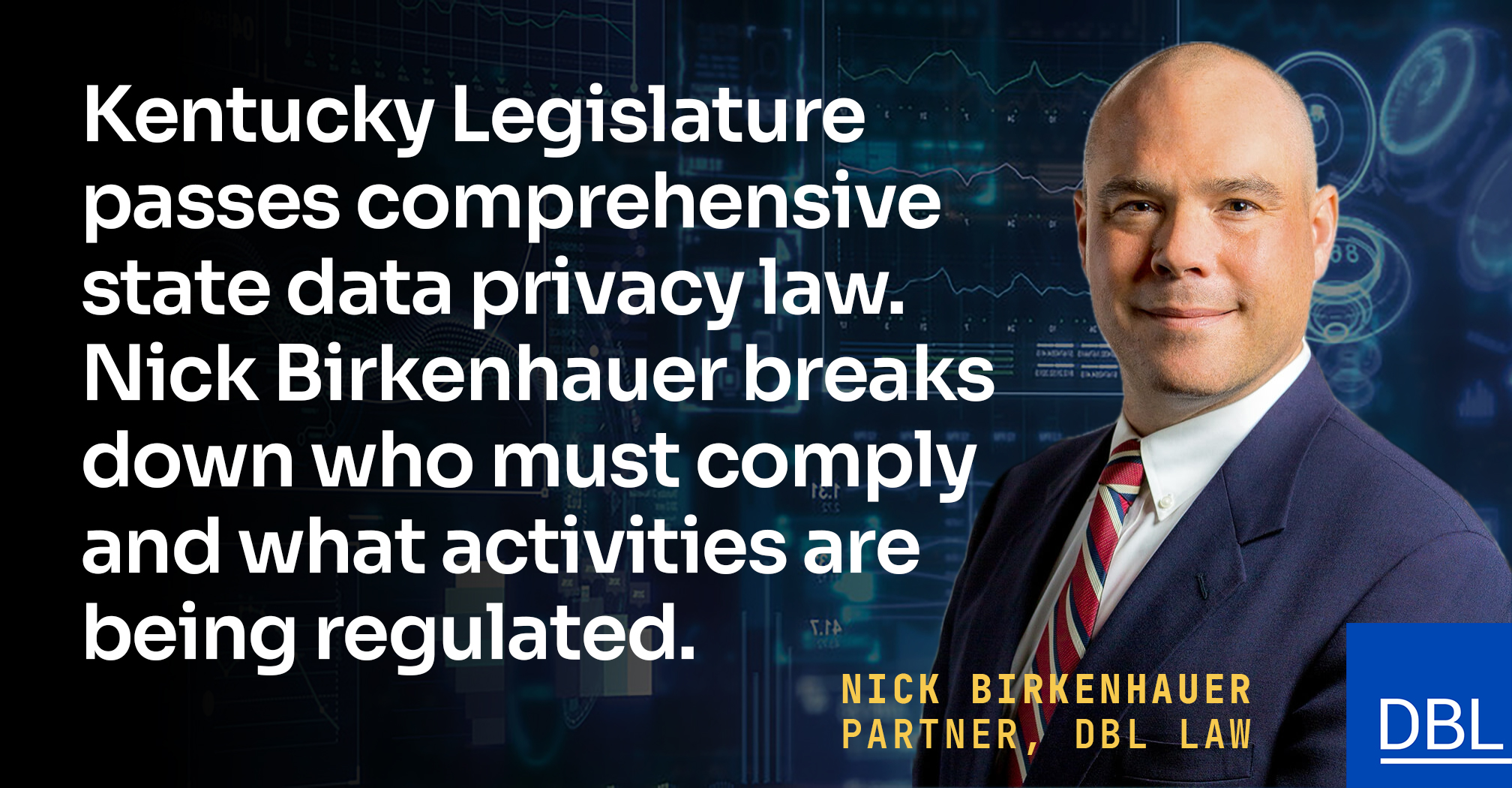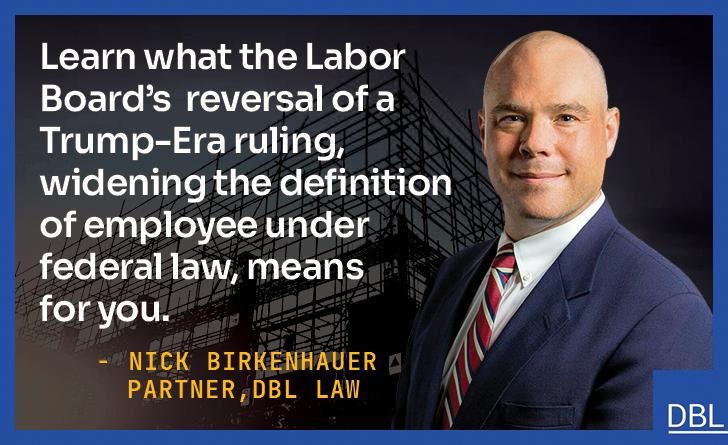Employees who work for not-for-profit organizations can be some of the most committed and caring employees in the workforce. Indeed, it is not unusual for non-profit employers to hire employees who are motivated by a passion for the organization, or the organization’s cause, as much as a paycheck. Beyond their regular job duties, these employees may wish to give back to their organization, outside of their normal work day, in a volunteer capacity. For instance, a clerical employee at an animal shelter may wish to volunteer at a weekend pet adoption event. While volunteer events like these often benefit all involved – the employer, the employee and those served by the employee’s volunteer services – it is imperative that employers treat employee volunteerism appropriately and with caution. Under federal wage and hour laws, even employees who volunteer their time and services may be considered to be “working,” and therefore entitled to compensation, under the Fair Labor Standards Act (FLSA).
According to Section 6 of the FLSA, an employer must pay all employees not less than the minimum wage for all hours worked. For purposes of the FLSA, such time is referred to as “compensable time.” Under certain circumstances, compensable time can also include any time employees spend volunteering. Specifically, time spent volunteering on behalf of, or at the request of, the employer may be considered by the Department of Labor (DOL) – the federal administrative agency responsible for enforcing the FLSA – to be compensable time.
For salary-exempt employees (i.e. professional, executive and administrative employees who meet the DOL’s criteria for exemption from overtime regulations), this issue typically will not be of concern, so long as the exempt employee is being paid at least the minimum wage for all hours worked (which is almost always the case for these typically higher-salaried employees). On the other hand, employee volunteerism is a significant area of concern when it comes to hourly employees. For these non-exempt employees, an employer is required to pay overtime for all hours worked in excess of forty hours in a workweek. In certain circumstances, this may include time spent volunteering, if such time is classified as “compensable.”
The general rule for determining whether time spent volunteering is “compensable” time is set forth in 29 CFR 785.44, which provides:
Time spent in work for public or charitable purposes at the employer’s request, or under his direction or control, or while the employee is required to be on the premises, is working time. However, time spent voluntarily in such activities outside of the employee’s normal working hours is not hours worked.
In light of this general rule, and as set forth in various opinion letters, the DOL has clarified several factors which determine whether an employer must compensate an employee for performing volunteer work. According to the rulings set forth in these opinion letters, time spent volunteering is not compensable time if: (1) the volunteer work is done outside of normal working hours; (2) the volunteer services are not the same type of services performed by the individual in the course of his or her regular employment; (3) there is no coercion or undue pressure on the employee to perform the volunteer work; and (4) the services are performed for a civic, charitable or humanitarian reason, without promise, expectation or receipt of compensation.
The DOL will usually examine each of these four factors in light of the given circumstances of a particular situation, and may lend more weight to one or several of the factors, depending on the case. While the DOL will always consider the totality of the circumstances, and each of the four factors will be examined, it is not uncommon for the DOL to make a ruling based on a single one of the factors. For instance, if the DOL discovers the existence of “pressure or coercion” on an employee to perform volunteer services, there is a very good chance that the DOL will find such “volunteer” time to be compensable time, the application of the other three factors notwithstanding.
If you are a non-profit employer, keep these considerations in mind the next time you sponsor, or participate in, a volunteer function in which your employees might also be participating.
Nick Birkenhauer is an attorney in the law firm of Dressman Benzinger LaVelle, with offices in Cincinnati, Ohio, Crestview Hills, Kentucky, and Louisville, Kentucky.




